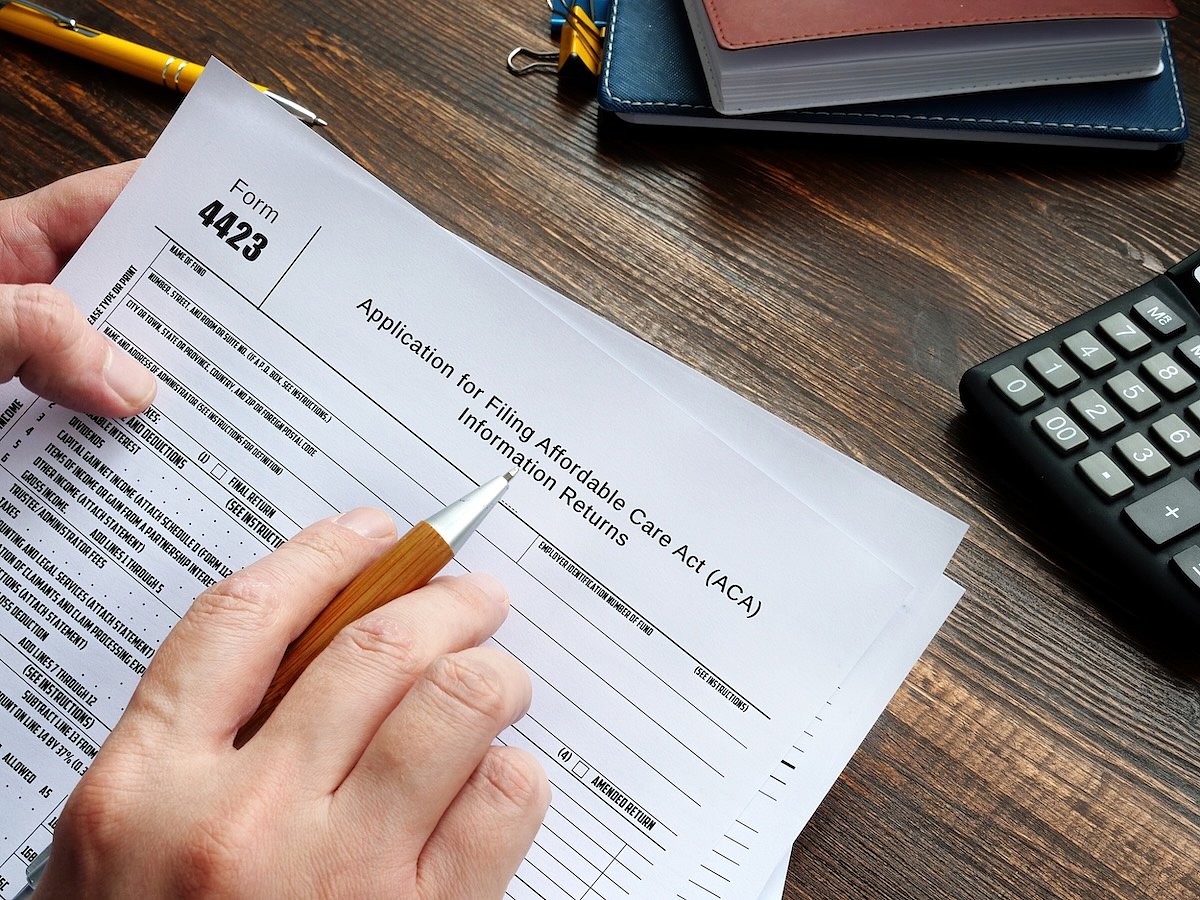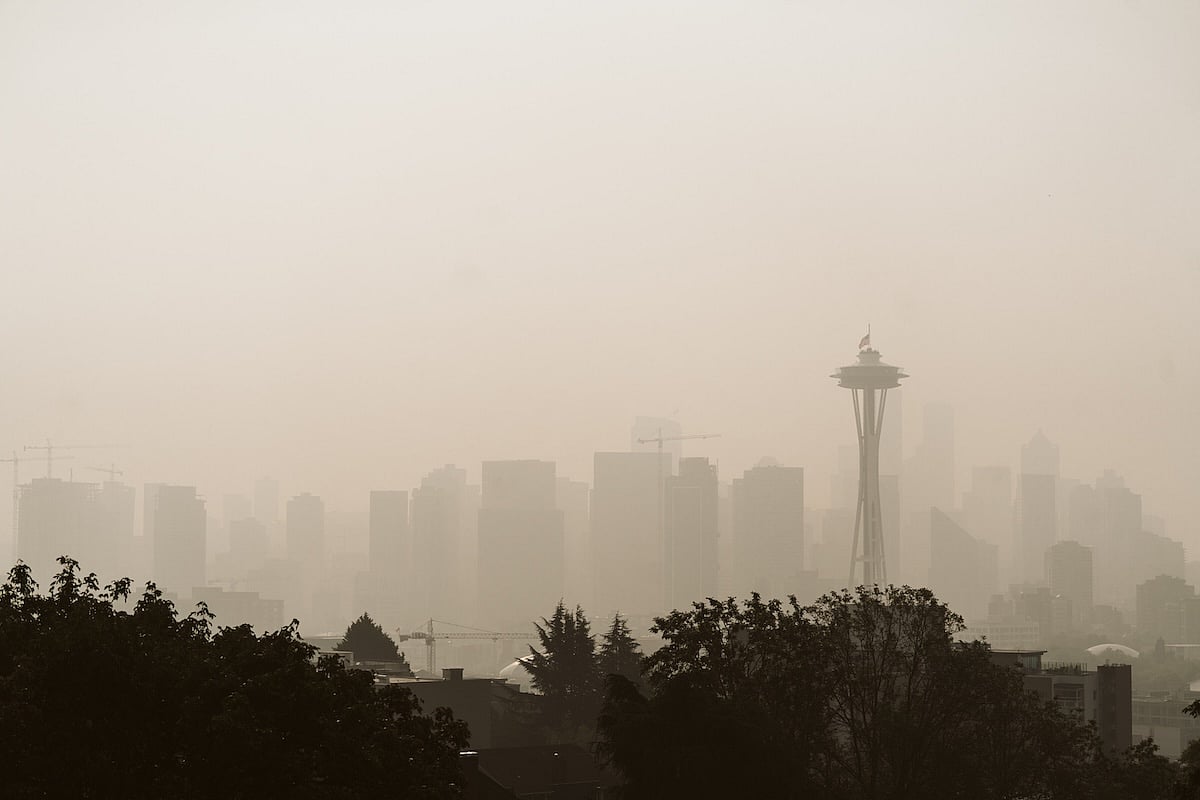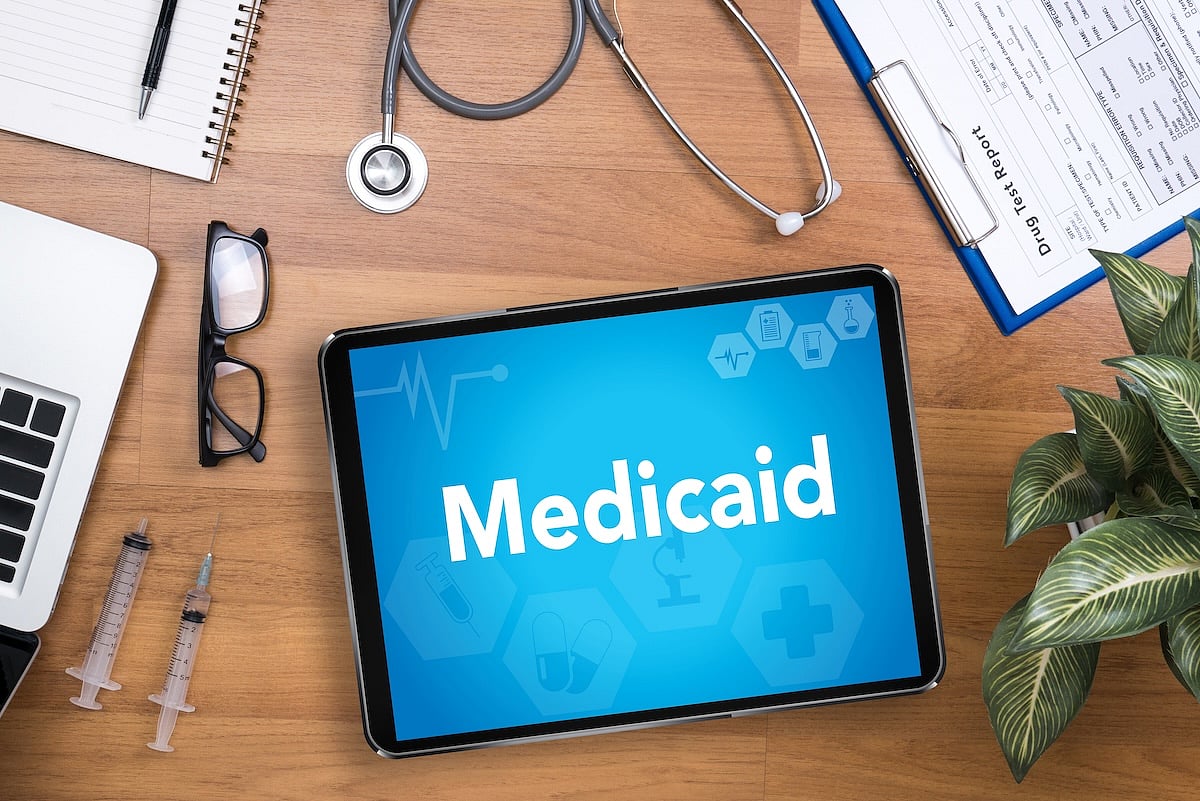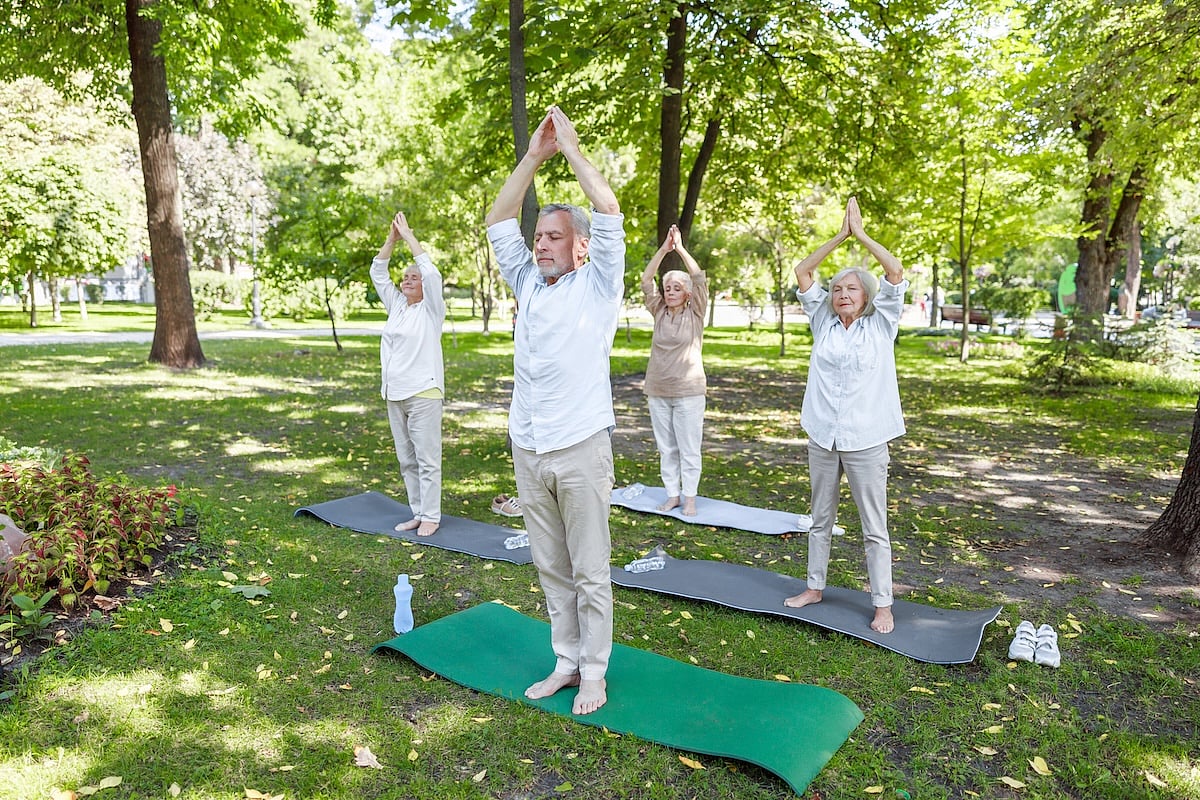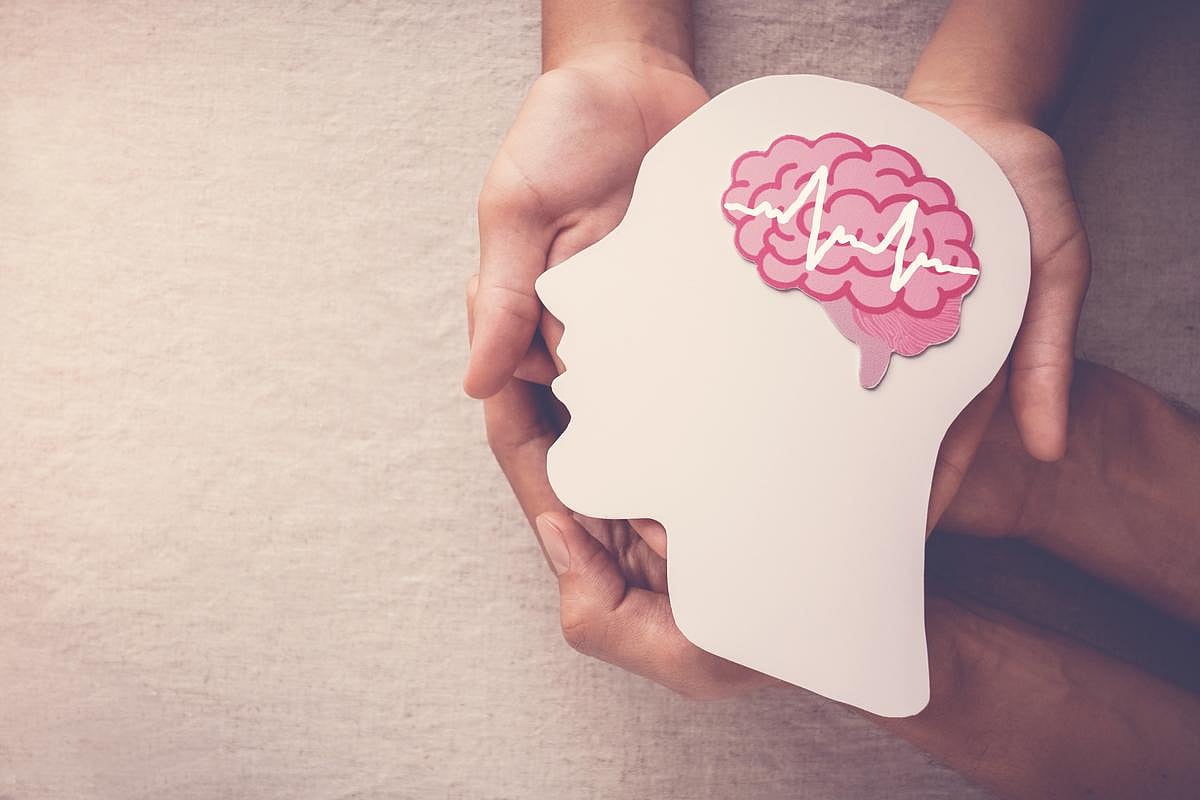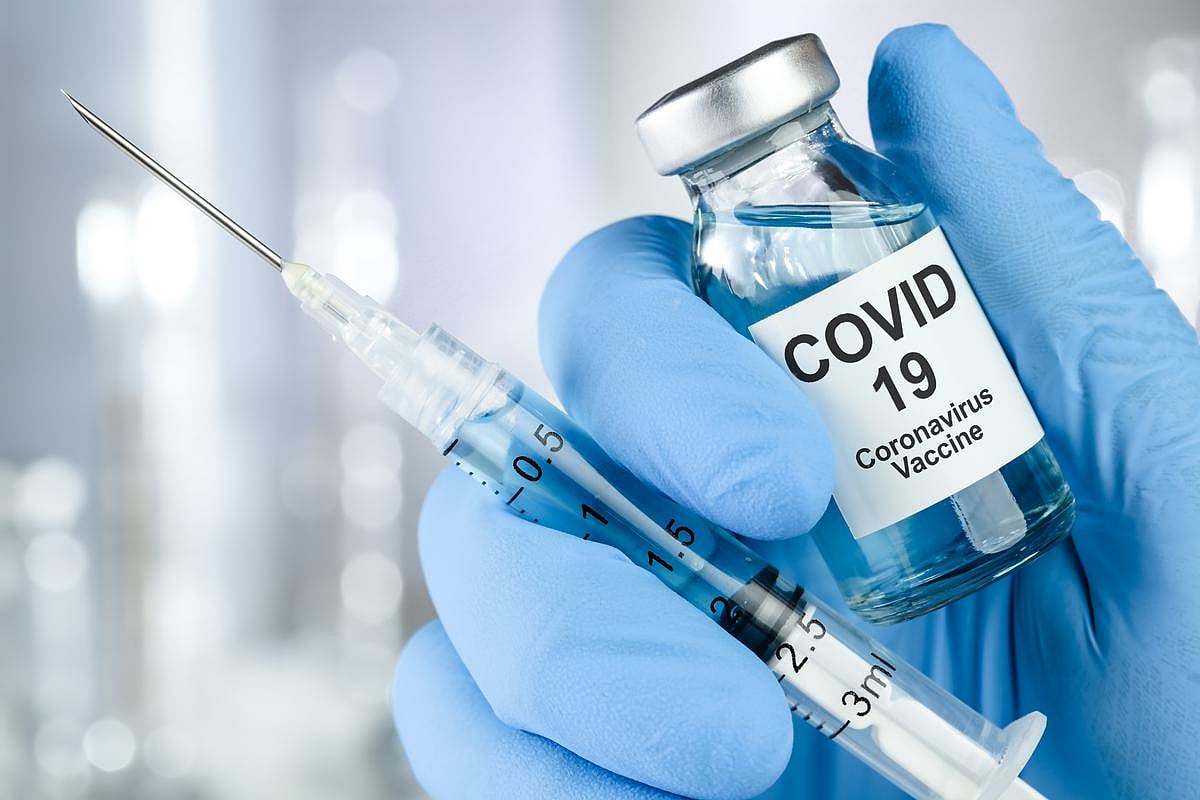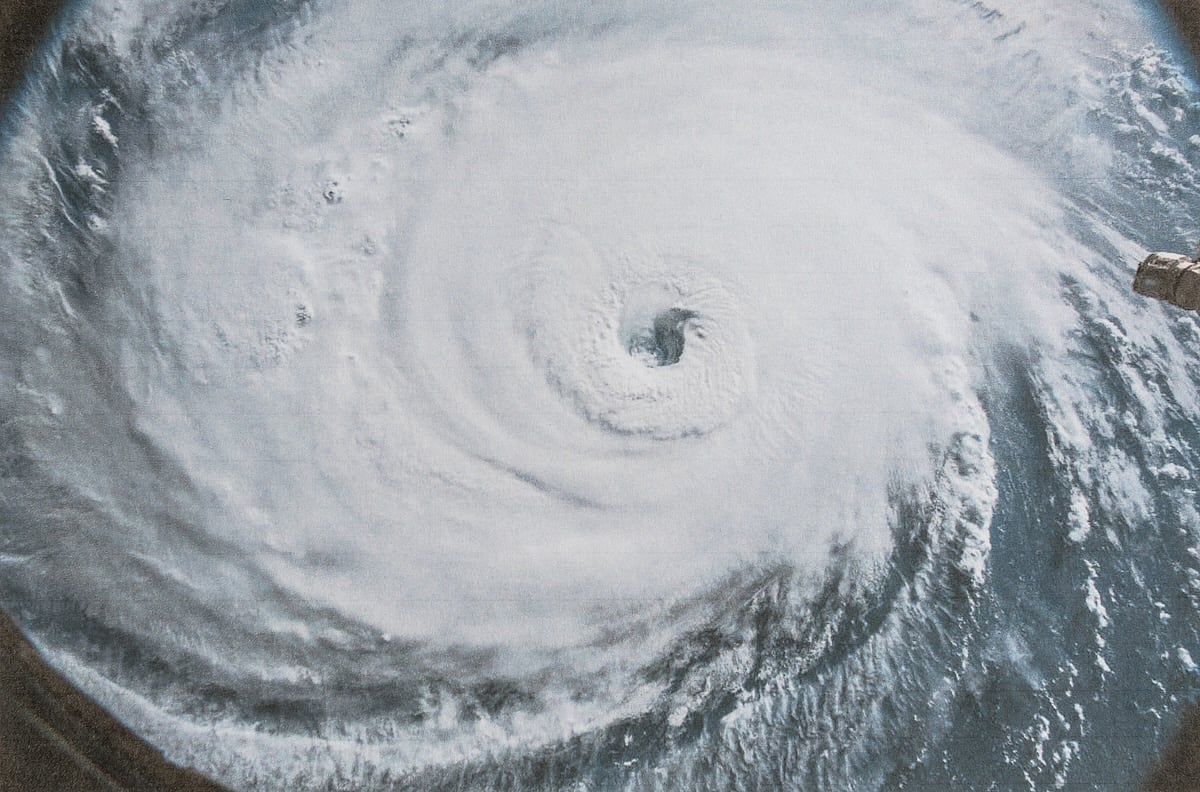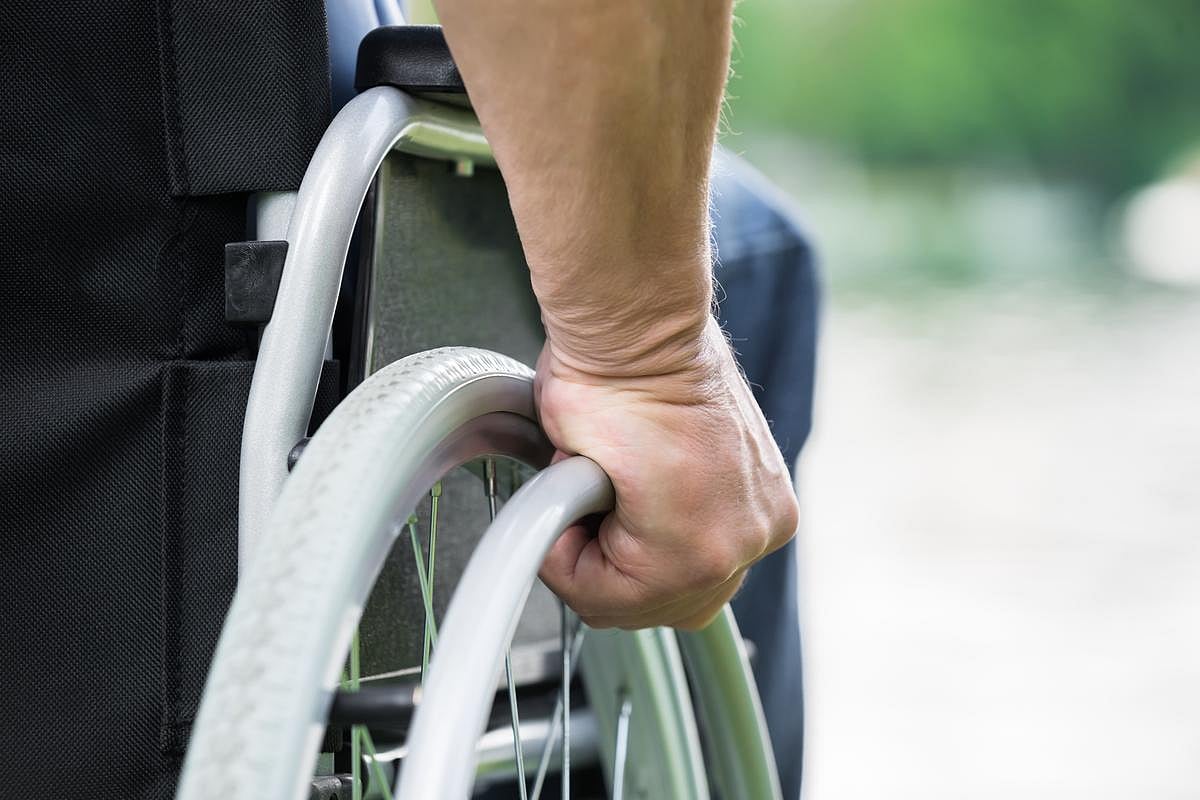Using the RefillRx mobile app? Then you will love our new, ENHANCED Sentry Drug Center mobile app.
Quickly request refills or login and manage your prescriptions on the go!
Available on both iTunes and Google Play.
Call or Visit for All of your Vaccination Needs!
Get Healthy!
Staying informed is also a great way to stay healthy. Keep up-to-date with all the latest health news here.
27 Feb
Depression Therapy That Usually Takes 6 to 8 Weeks May Work Just as Well in 5 Days
A new study finds transcranial magnetic stimulation, used for treatment-resistant depression, can provide significant symptom relief in just days instead of weeks.
26 Feb
Daily Aspirin Doesn’t Protect Against Colon Cancer in Average-Risk Adults
A major, new evidence review finds taking a daily aspirin has little to no benefit for people at average risk of colorectal cancer, but it can cause dangerous bleeding and possibly stroke.
25 Feb
Cancer and Mental Health: A Critical First Year That May Impact Survival
A new study finds cancer patients who develop a new mental health condition are at increased risk of mortality in the first one to three years after diagnosis.
Electronics Pollution Pose Added Threat to Endangered Dolphins, Porpoises
Chemicals used to produce sharp images on your computer, TV and smartphone are posing threats to life under the sea.
New research shows that liquid crystal monomers (LCMs) from household electronics and e-waste can build up in tissues of dolphins and porpoises — findings that suggest other marine species may also be at risk.
"T...
- Carole Tanzer Miller HealthDay Reporter
- |
- March 1, 2026
- |
- Full Page
Flea And Tick Pills May Pose Environmental Risks, Study Finds
Giving your kitty or pup a pill to keep fleas and ticks at bay may an unintended effect on nature.
A relatively new class of meds prescribed by veterinarians in the U.S. and abroad called isoxazolines also pose a threat to insects that play vital roles in improving soil quality and recycling nutrients in the natural world, French rese...
- Carole Tanzer Miller HealthDay Reporter
- |
- February 28, 2026
- |
- Full Page
Study Suggests One Common Amino Acid May Affect How Long Men Live
A large new study suggests that higher levels of a common amino acid called tyrosine may be linked to a shorter lifespan in men.
The research, published recently in the journal Aging-US, examined whether blood levels of two amino acids, phenylalanine and tyrosine, were connected to how long people live.
Amino acids are build...
- HealthDay Staff HealthDay Reporter
- |
- February 27, 2026
- |
- Full Page
New Obamacare Rules Could Raise Deductibles to $31K For Families
The Trump administration is introducing new rules for Obamacare plans that could lower monthly premiums — but there's a catch.
They raise how much people pay out of pocket when they need care.
Under the proposed rules, some Affordable Care Act (ACA) plans would allow annual deductibles of more than $15,000 for one person and $3...
- HealthDay Staff HealthDay Reporter
- |
- February 27, 2026
- |
- Full Page
Walmart Great Value Cottage Cheese Recalled Over Pasteurization Issue
Some Great Value cottage cheese products sold at Walmart are being recalled because they may not have been fully pasteurized, Saputo Cheese USA said.
The recall affects select cottage cheese products made between Feb. 17 and 20, and sold in the following states: Alaska, Alabama, Arkansas, Arizona, California, Colorado, Georgia, Iowa, Idaho...
- HealthDay Staff HealthDay Reporter
- |
- February 27, 2026
- |
- Full Page
Chris Bosh Says He’s 'Lucky To Be Alive' After Sudden Health Scare
A routine evening took a terrifying turn for Basketball Hall of Famer Chris Bosh when he suddenly collapsed with no warning, he told fans this week.
The 41-year-old former NBA star shared details of the incident in a post on Instagram Wednesday.
Bosh said he was getting ready to go out with his wife when "the next thing you know," he...
- HealthDay Staff HealthDay Reporter
- |
- February 27, 2026
- |
- Full Page
Crash Course Might Speed Brain Stimulation Treatment For Depression, Study Suggests
A brain stimulation therapy for depression can show results in as little as a workweek, a new study says.
Transcranial magnetic stimulation (TMS) typically requires daily clinic visits over six to eight weeks, a rather rigorous schedule for people grappling with depression.
But patients can see benefits in as little as five days if t...
- Dennis Thompson HealthDay Reporter
- |
- February 27, 2026
- |
- Full Page
Wildfire Smoke Linked To Increase In Violent Assaults
It’s a fact that people become “crazy from the heat,” but a new study suggests that “crazy from the smoke” might also be a phenomenon.
Skies choked with smoke from wildfires are linked to an increase in violent assaults, a new study has found.
Assaults increased by nearly 4% in Seattle on smoke-filled da...
- Dennis Thompson HealthDay Reporter
- |
- February 27, 2026
- |
- Full Page
Why Turning 19 Spikes Medicaid Loss for Millions
For most teens, turning 19 is a milestone of early adulthood. But for those relying on Medicaid, it often triggers a birthday cliff where health insurance simply vanishes.
A new study from the University of Chicago highlights a systemic issue: The moment a person is no longer classified as a child by the government, their risk of becoming ...
- Deanna Neff HealthDay Reporter
- |
- February 27, 2026
- |
- Full Page
Blood Test Can Predict Short-Term Survival Among Seniors
An experimental blood test can predict whether seniors have long to live, a new study says.
The genetics-based blood test predicted two-year survival with accuracy as high as 86% among hundreds of seniors, researchers reported Feb. 24 in the journal Aging Cell.
The test is based on PIWI-interacting RNA (piRNA), a class of ge...
- Dennis Thompson HealthDay Reporter
- |
- February 27, 2026
- |
- Full Page
More Parents Are Refusing A Life-Saving Shot For Their Newborns, Study Finds
A growing number of parents are refusing an injection that protects newborns against life-threatening brain bleeds, a new study says.
Babies who don’t get a vitamin K injection at birth are 81 times more likely to suffer dangerous bleeding that often leads to brain damage, according to findings to be presented at an upcoming meeting ...
- Dennis Thompson HealthDay Reporter
- |
- February 27, 2026
- |
- Full Page
How the Brain Learns to Have Seizures During Sleep
Sleep is usually considered the body’s ultimate recovery tool, a time when the brain clears out toxins and files away the day's lessons.
But a new study from the Mayo Clinic suggests that for people with epilepsy, the brain may be too good at its job — mistakenly learning how to have future seizures by treating t...
- Deanna Neff HealthDay Reporter
- |
- February 27, 2026
- |
- Full Page
Democrat-Led States Sue Trump Administration Over Cuts to Childhood Vaccine Schedule
A group of 15 states is suing the Trump administration over recent changes to federal vaccine guidelines for kids.
The lawsuit, announced this week, aims to reverse a decision made in January that reduced the number of diseases kids are routinely vaccinated against from 17 to 11.
The suit also challenges the removal and replace...
- HealthDay Staff HealthDay Reporter
- |
- February 26, 2026
- |
- Full Page
CDC Vaccine Advisory Panel To Revisit COVID Shot Safety Next Month
COVID vaccines are back under review and the move is raising concern among some health experts.
The U.S. Centers for Disease Control and Prevention’s Advisory Committee on Immunization Practices is slated to discuss COVID vaccine injuries at a March meeting and may vote on future vaccine recommendations, according to a notice posted ...
- HealthDay Staff HealthDay Reporter
- |
- February 26, 2026
- |
- Full Page
Frozen Blueberry Recall Issued Across Four States for Listeria
Close to 56,000 pounds of frozen blueberries have been recalled after testing raised concerns about possible Listeria monocytogenes contamination, according to the U.S. Food and Drug Administration (FDA).
The recall involves blueberries made by Oregon Potato Company, which also operates as Willamette Valley Fruit Company in Salem,...
- HealthDay Staff HealthDay Reporter
- |
- February 26, 2026
- |
- Full Page
Could Drone-Delivered Defibrillators Save Lives?
Can a high-tech drone be the difference between life and death if you go into cardiac arrest?
That’s the question a groundbreaking clinical trial in a corner of North Carolina and Virginia is setting out to answer.
"By integrating drone technology into emergency care, we’re working to close the critical gap between cardia...
- Carole Tanzer Miller HealthDay Reporter
- |
- February 26, 2026
- |
- Full Page
Inflammation Linked To Brain Damage, Memory Problems Among Football Players
Inflammation caused by repetitive head impacts might help explain why some former football players develop brain problems later in life, a new study says.
Higher levels of inflammation are associated with damage in the brain’s white matter, according to a study of former college and professional football players published Feb. 25 in ...
- Dennis Thompson HealthDay Reporter
- |
- February 26, 2026
- |
- Full Page
Disasters Can Affect Mental Health A Decade Later, Review Finds
Disasters and violent events echo in the minds of people for years afterward, contributing to mental illness that can surface as much as a decade later, a new evidence review has found.
More than 1 in 5 survivors (22%) will develop a mental health problem after living through their ordeal, researchers report in the Harvard Review of Ps...
- Dennis Thompson HealthDay Reporter
- |
- February 26, 2026
- |
- Full Page
AI Chatbots Can Contribute To Worsening Mental Illness, Study Finds
THURSDAY, Feb. 26, 2026 (HealthDay News) – AI chatbots used for cheap therapy are liable to make mental illnesses worse, a new study warns.
People with diagnosed mental conditions wound up with worse delusions, increased mania, suicidal thoughts and aggravated eating disorders after relying on an AI chatbot for help, researchers foun...
- Dennis Thompson HealthDay Reporter
- |
- February 26, 2026
- |
- Full Page
Early Birds, Active Folks Less Likely To Develop ALS
Early birds and active folks are less likely to develop the degenerative brain disease called amyotrophic lateral sclerosis (ALS), a new study says.
People who are early birds had a 20% lower risk of ALS — also known as Lou Gehrig’s disease — compared to night owls, according to research slated for presentation at an upco...
- Dennis Thompson HealthDay Reporter
- |
- February 26, 2026
- |
- Full Page




